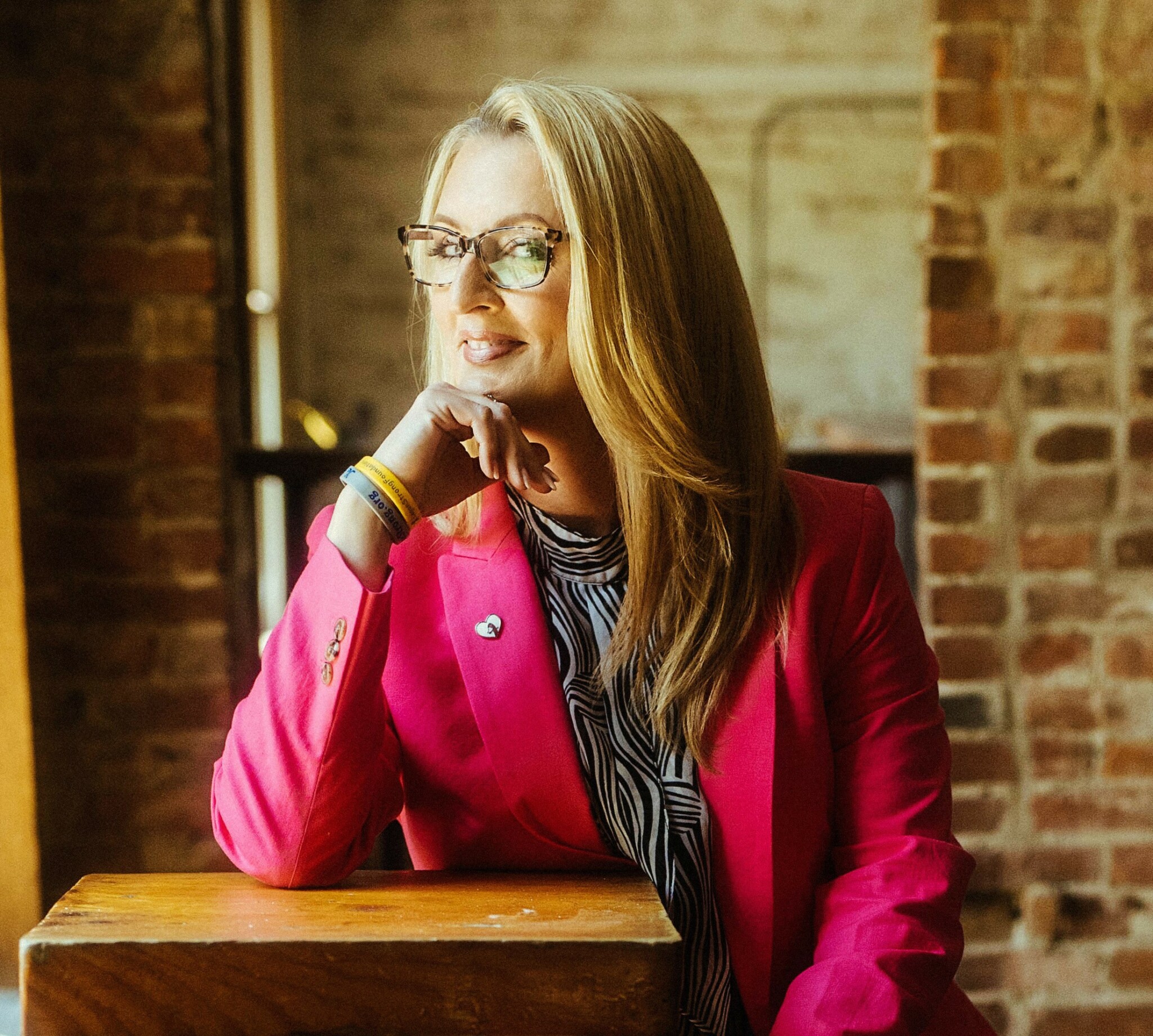We were lucky to catch up with Jennifer Hendricks-Fogg recently and have shared our conversation below.
Alright, Jennifer thanks for taking the time to share your stories and insights with us today. Any advice for creating a more inclusive workplace?
Creating a More Inclusive Workplace
As a special needs parent and professional, I’ve had a front-row seat to both the good and the bad when it comes to workplace inclusion. The reality is, inclusion isn’t just about meeting ADA requirements or offering accommodations—it’s about creating an environment where people actually feel supported.
One of the best experiences I had was working with an employer who got it. They didn’t just tolerate my role as a caregiver; they respected it. They offered flexibility, understood that life happens, and trusted me to get my work done without micromanaging. That support made me more committed to my job and way less stressed trying to juggle everything.
But I’ve also been in situations where the workplace wasn’t inclusive at all—where asking for a little flexibility felt like pulling teeth, and where neurodivergent individuals were expected to fit into a rigid mold instead of being supported in a way that let them thrive. The difference between those two environments is night and day.
So, if a company truly wants to be inclusive, here’s my advice:
✔ Make flexibility the norm, not the exception – Hybrid work, flexible hours, job-sharing—these things matter, especially for caregivers and neurodivergent employees.
✔ Train leadership to lead with understanding – A manager’s response can make or break whether someone feels valued or like a burden. Educate them on what real inclusion looks like.
✔ Create a culture where people don’t have to hide their reality – Whether it’s caregiving, a disability, or neurodivergence, employees should feel safe being honest about their needs.
✔ Listen and adapt – Inclusion isn’t one-size-fits-all. The best workplaces are the ones willing to learn and evolve.
At the end of the day, an inclusive workplace isn’t just the right thing to do—it’s also good business. When people feel supported, they do their best work. It’s that simple.

As always, we appreciate you sharing your insights and we’ve got a few more questions for you, but before we get to all of that can you take a minute to introduce yourself and give our readers some of your back background and context?
I’m Jennifer Hendricks-Fogg, and if there’s one thing you should know about me, it’s that I don’t do things halfway. My journey into coaching, advocacy, and empowerment work started the day my son Logan was diagnosed with a brain tumor at just three months old. That moment changed everything. Suddenly, I wasn’t just a mom—I became a fighter, an advocate, and a full-time navigator of the complex world of medical care, special education, and disability resources.
Through the years, I had to learn—on the fly—how to push through red tape, fight for services, and ensure my son had every opportunity to thrive, despite the odds. And here’s the thing: I realized I wasn’t alone. So many parents and caregivers out there are facing similar battles, often feeling lost and overwhelmed, with nowhere to turn for real, practical guidance. That’s why I became a Certified Special Life Quality Coach—to take everything I’ve learned (through hard-won experience) and help other parents, caregivers, and families navigate their own journeys with confidence and clarity.
What I Do
✔ Empowerment Coaching – I work with special needs parents and caregivers, helping them advocate for their children, navigate the healthcare and education systems, and reclaim their own lives in the process.
✔ Business Consulting & Workplace Inclusion – I also work with businesses and organizations to help them understand, accommodate, and empower caregivers and parents of all types in the workplace. Through training, consulting, and actionable strategies, I help companies create truly inclusive work environments that support both employees and employers.
✔ Aflac Career – I’ve spent 13 years with Aflac, using my experience as a cancer mom and advocate to help individuals and businesses protect themselves financially in times of medical crisis. I’ve been recognized by Aflac’s CEO for my contributions, am a Pinnacle Club member, and have consistently achieved top performance in sales and leadership. My personal journey fuels my passion for helping others understand the real-life impact of having the right coverage when the unexpected happens.
✔ Author of Tiny Miracles – My book, Tiny Miracles: A Mother’s Journey of Finding Faith Through Childhood Cancer, shares the raw, real, and deeply personal story of my son’s battle with cancer and what I learned about faith, resilience, and finding strength in the hardest moments. It has been gifted to many families as a source of hope and encouragement.
✔ Founder of The Logan Strong Foundation – I started this nonprofit to support families facing childhood cancer, providing financial assistance, comfort items, and advocacy because I know firsthand how devastating and isolating that journey can be.
What Sets Me Apart?
I’ve lived this. I’m not just giving textbook advice—I’m giving real, tested strategies that I’ve used to fight for my own son. I know what it’s like to hit roadblocks, to be told “no” over and over again, and to keep pushing forward anyway. My approach is no-nonsense, practical, and tailored to the realities of raising a child with special needs and balancing caregiving with work and life. Whether I’m coaching parents, advising businesses, or helping clients through Aflac, my focus is always on solutions that actually work.
What I’m Most Proud Of
I’m proud of the impact I’ve made—whether it’s helping a parent get the services their child desperately needs, supporting a family through a crisis, helping a business create a truly inclusive workplace, or seeing my son Logan defy every single expectation doctors had for him. I’m incredibly proud of the person he is becoming—his strength, his joy, and his ability to push through challenges with a spirit that inspires everyone around him.
I’m also deeply proud of the stability of my marriage. Navigating the medical, educational, and emotional complexities of raising a child with special needs can put an unimaginable strain on any relationship. My husband and I have been through some of the toughest moments life can throw at a family, and through it all, we’ve remained a team. It’s not always easy, but our commitment to each other, to Logan, and to our shared mission of advocacy and support keeps us strong.
I’m proud of the community I’ve built, the resilience I’ve fostered in others, and the fact that I get to wake up every day knowing I’m making a difference.
What I Want You to Know
If you’re a parent, caregiver, or business leader, know this: you are not alone. There is support, there are answers, and there is a way forward—even when it feels impossible. Whether through coaching, business consulting, speaking, my book, nonprofit work, or Aflac, my mission is to help you navigate the tough stuff, find your voice, and build a life where your child—and you—can truly thrive.
Want to connect? Let’s make it happen. You don’t have to figure this out alone.
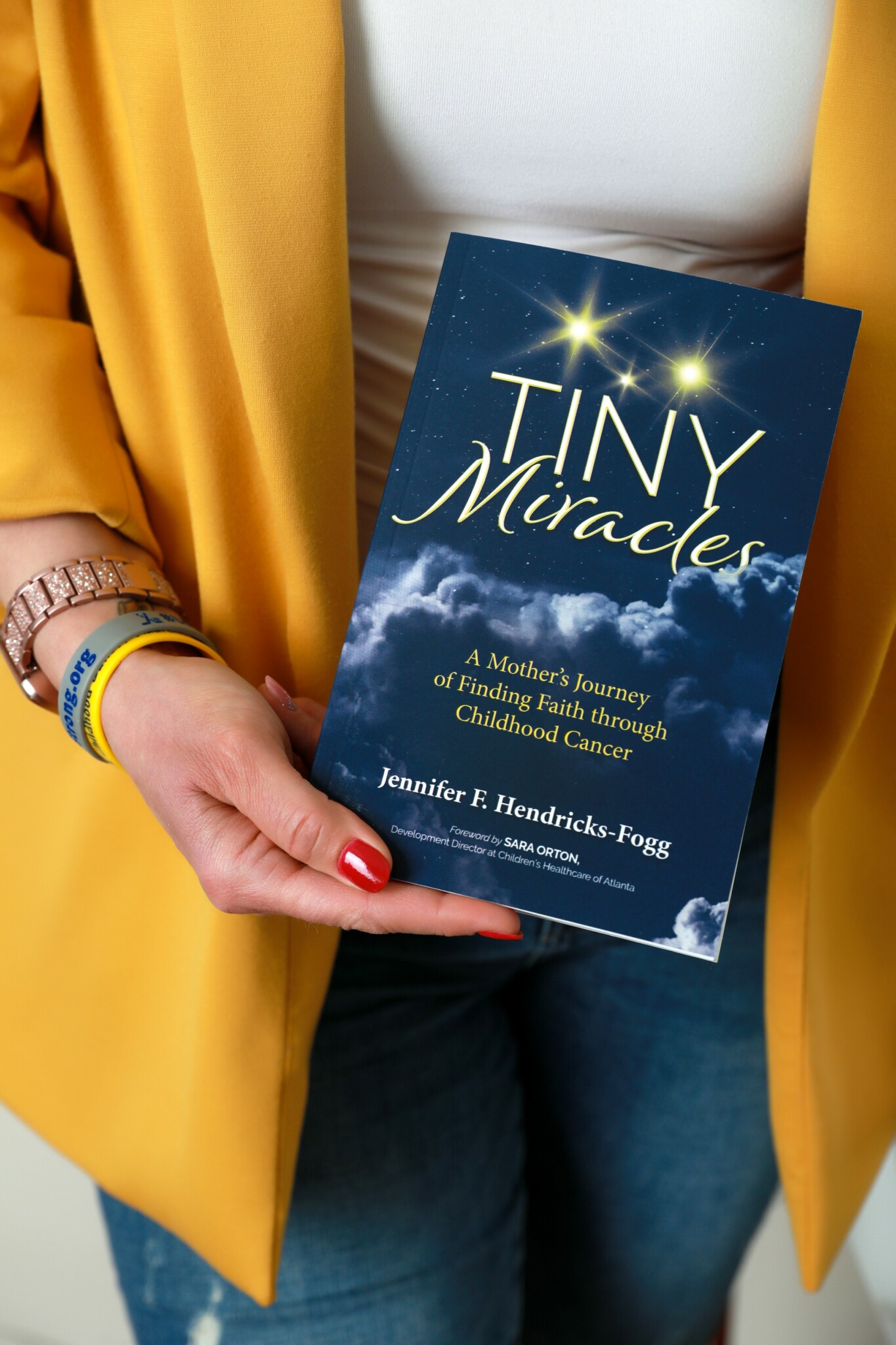
Can you share a story from your journey that illustrates your resilience?
A Story of Resilience
Resilience isn’t something you’re born with—it’s something you build, moment by moment, especially when life throws you into the fire. My journey with resilience started the day my son Logan was diagnosed with a brain tumor at just three months old. It wasn’t just about fighting for his life—it was about learning to navigate a world that wasn’t built for families like mine.
Doctors told us he wouldn’t survive. Then they told us he’d never walk, talk, or eat on his own. And yet, here we are—years later—with a little boy who not only survived but thrives in ways no one expected. Every milestone he’s hit, every challenge he’s overcome, has been a direct result of relentless advocacy, pushing past exhaustion, and refusing to take “no” for an answer.
That same resilience is what led me to start my special needs empowerment coaching business, my nonprofit (The Logan Strong Foundation), and my consulting work with businesses. I know what it feels like to be completely overwhelmed, staring down impossible odds, and having no idea where to turn. That’s why I do what I do—because no parent, caregiver, or employee navigating special needs and caregiving should have to figure it all out alone.
At the end of the day, it’s not what happens to you—it’s what you do with it that matters. Life will throw challenges your way. Things will feel impossible at times. But resilience isn’t about avoiding hardship—it’s about how you rise, how you adapt, and how you keep moving forward even when the path ahead isn’t clear.
If my journey has taught me anything, it’s this: you are always stronger than you think, and when life gives you every reason to quit, that’s when you push forward the hardest.
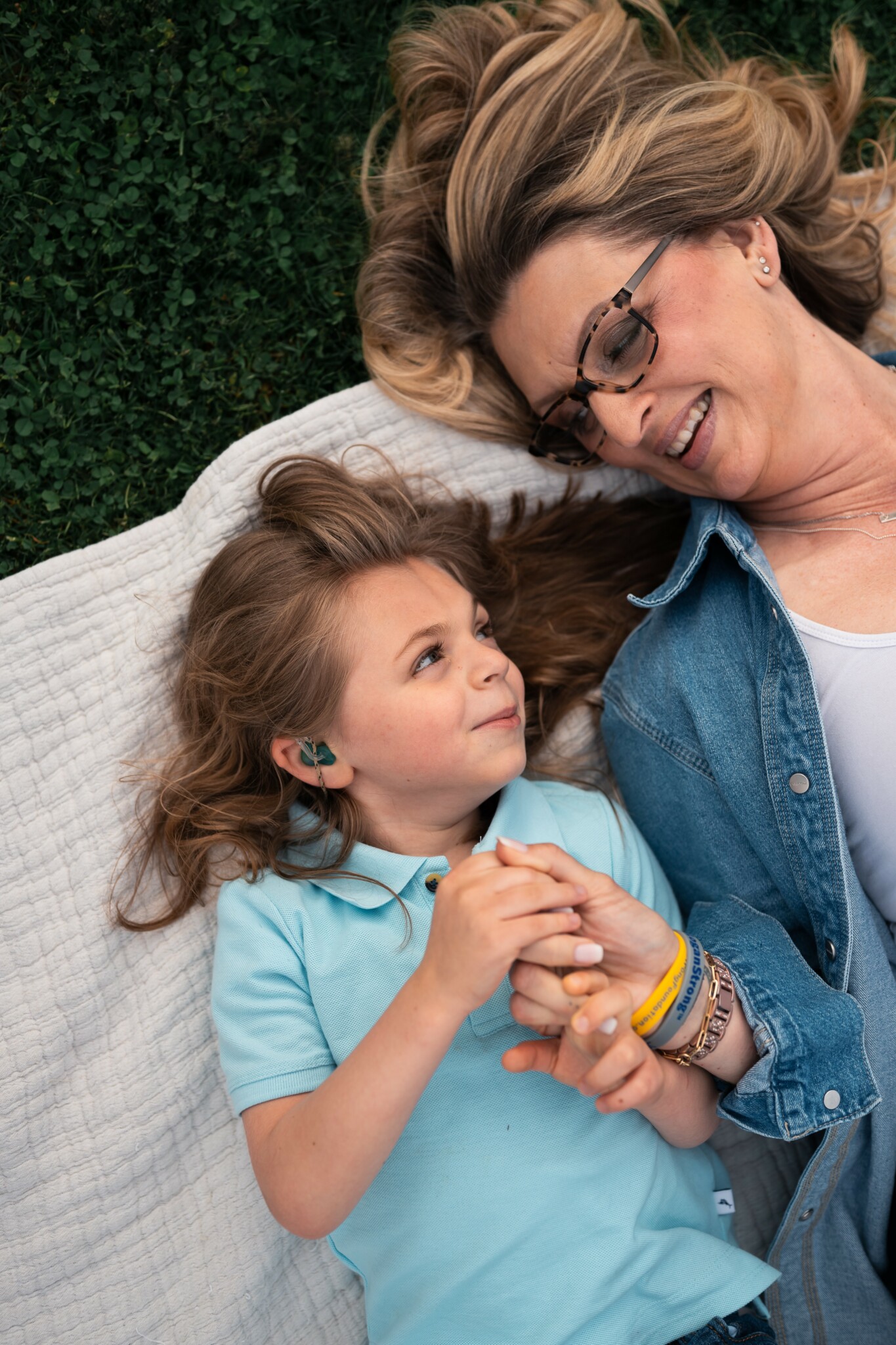
We often hear about learning lessons – but just as important is unlearning lessons. Have you ever had to unlearn a lesson?
A Lesson I Had to Unlearn: Self-Care is Selfish
One of the biggest lessons I had to unlearn was believing that self-care was selfish.
For a long time, I thought taking time for myself meant I was neglecting my responsibilities—especially as a special needs parent. When Logan was diagnosed with cancer at just three months old, my entire world revolved around fighting for him. Every appointment, every therapy session, every decision—it all fell on my shoulders. And I told myself that if I wasn’t constantly doing something for him, I wasn’t doing enough.
I pushed myself to the point of exhaustion, running on fumes and convincing myself that rest, breaks, and personal time were luxuries I couldn’t afford. But the truth? Burnout doesn’t make you a better parent, advocate, or professional—it makes you ineffective. I had to learn the hard way that if I didn’t take care of myself, I wouldn’t be able to take care of Logan, my marriage, my work, or anything else that mattered.
I finally started making small changes—waking up early to journal, read, and work out; setting boundaries; and intentionally carving out moments of joy that had nothing to do with being a caregiver. I began prioritizing self-care, whether it was getting regular massages and facials or simply enjoying a cup of coffee or lunch by myself. And you know what? Logan didn’t suffer because I took care of myself—he *thrived* because he had a mom who wasn’t constantly running on empty.
Now, I remind every parent, caregiver, and professional I work with: self-care isn’t selfish—it’s survival. You can’t pour from an empty cup, and taking care of yourself is one of the most powerful things you can do for the people who rely on you.
Contact Info:
- Website: https://www.jenniferhendricksfogg.com
- Instagram: https://www.instagram.com/jenniferhendricksfogg/
- Facebook: https://www.facebook.com/jenniferfhendricksfogg
- Linkedin: https://www.linkedin.com/in/jenniferhendricksfogg/
- Twitter: https://x.com/jenniferhfogg
- Other: www.loganstrong.org
www.loganstrongfoundation.org
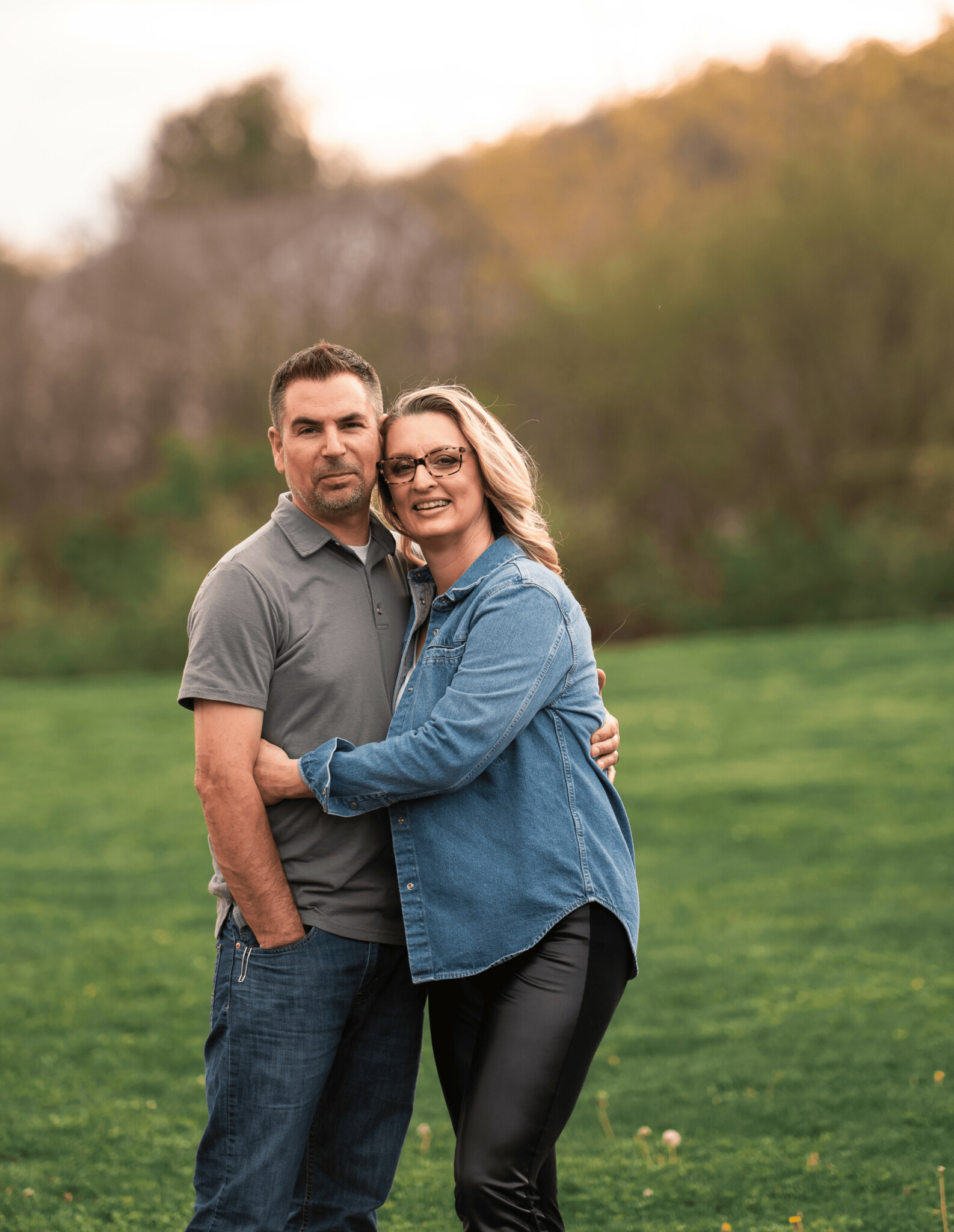
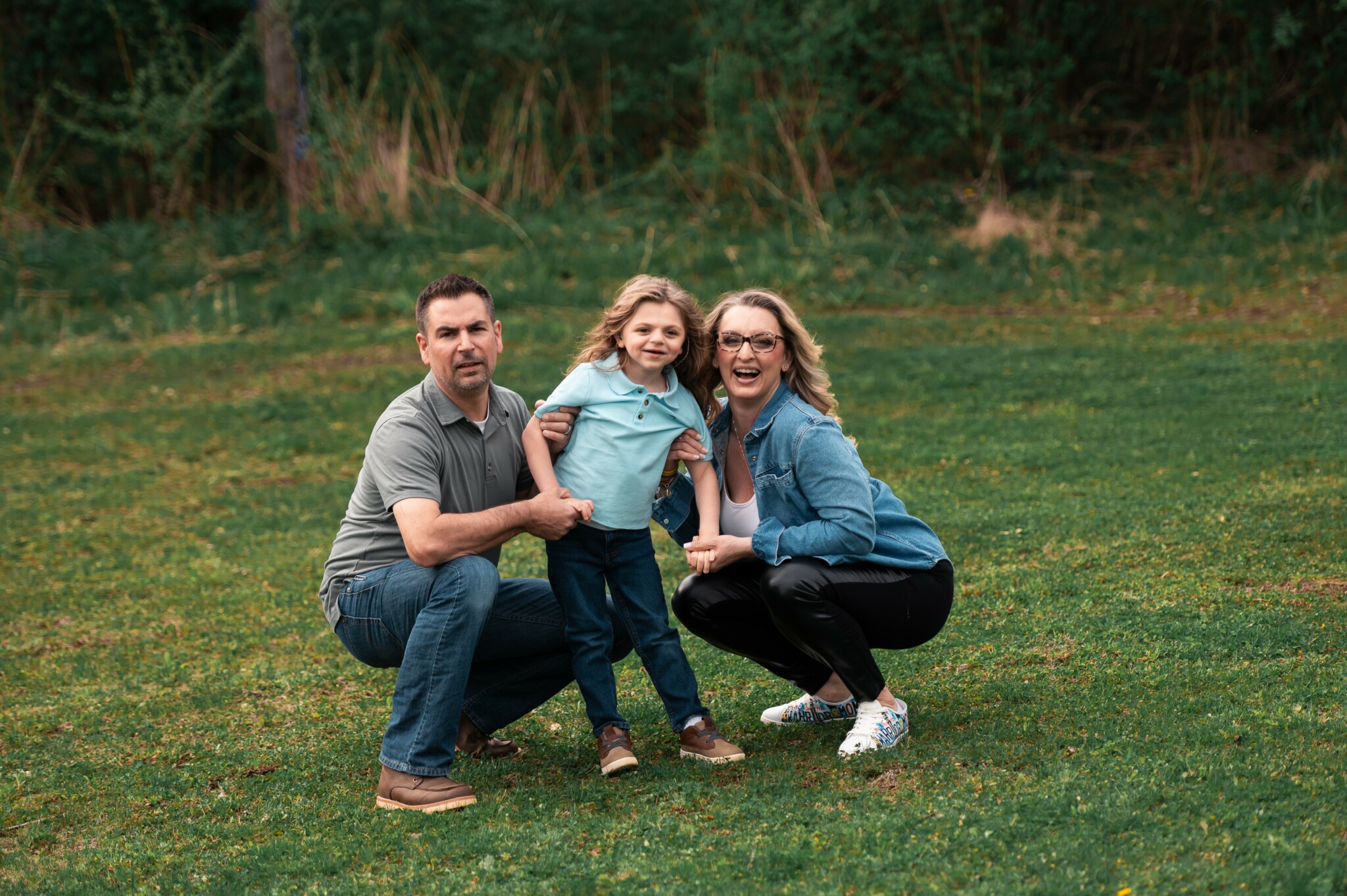
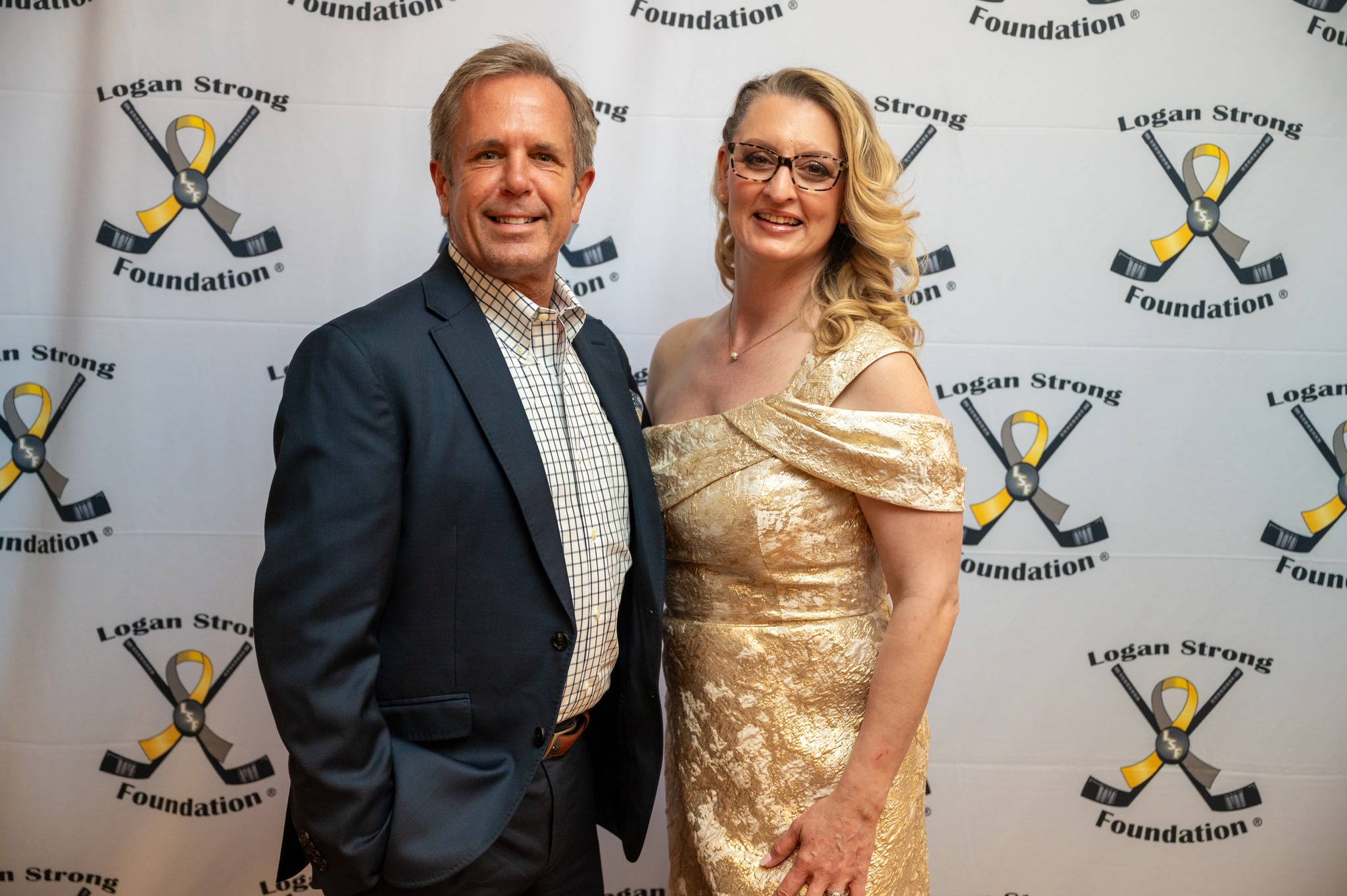
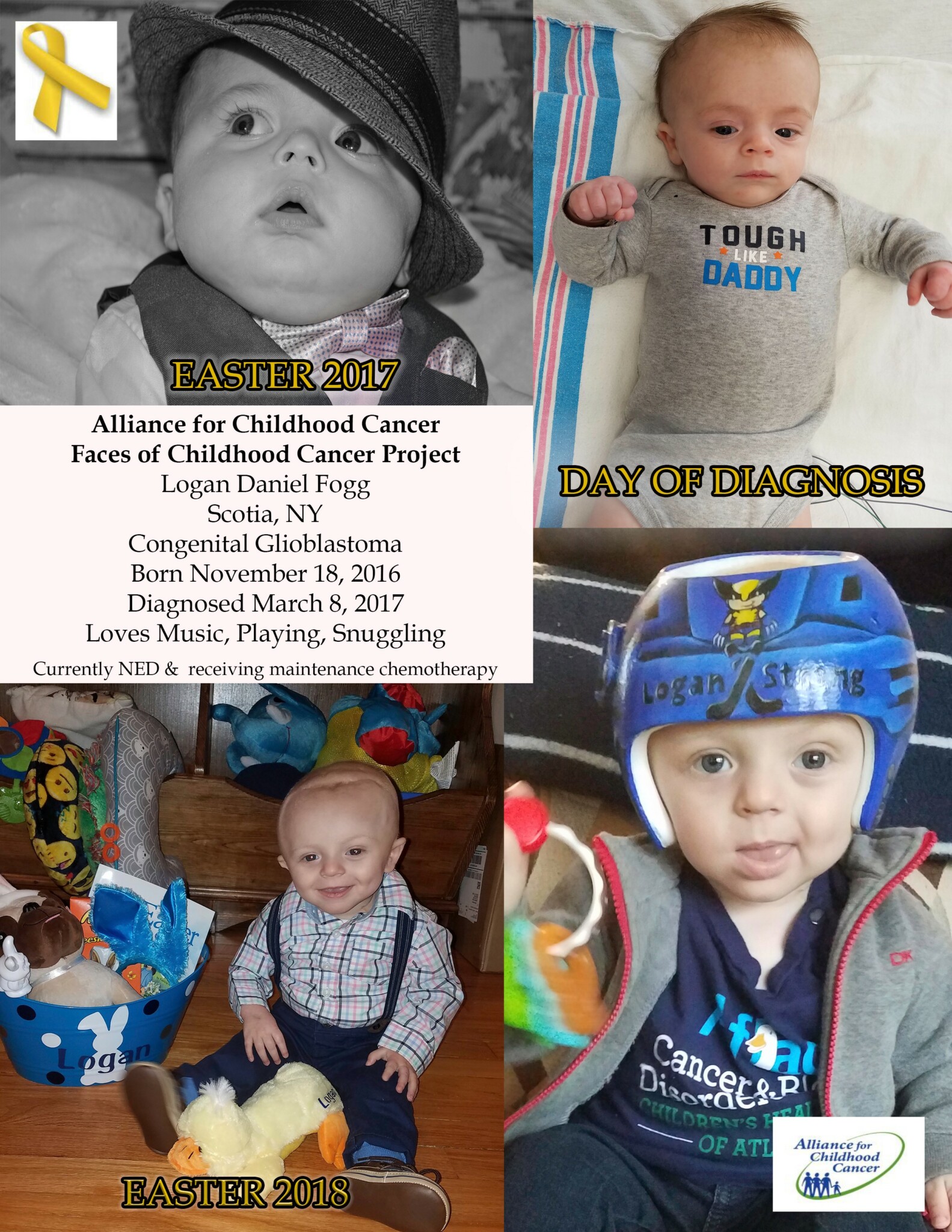
Image Credits
@LindsayRae
@LaurenKirkham


